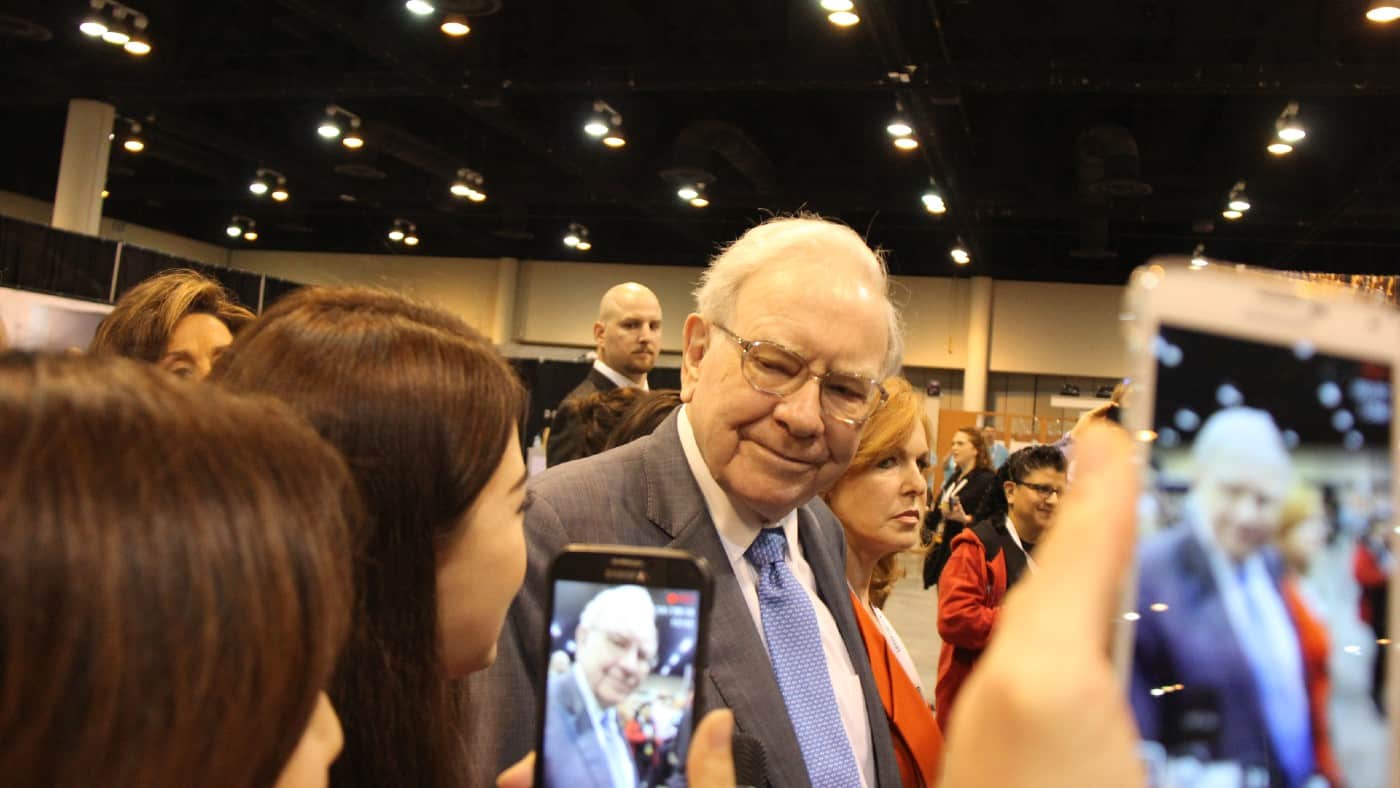Image source: Getty Images
Over in the US, today (2 April) has been dubbed ‘Liberation Day’ by the current administration. The reference is to the likely tariffs that are slated to come into effect at midnight on a host of nations that trade with America. Some friends who are UK investors focusing on the FTSE 100 have told me they aren’t too fussed about what will happen today. Here’s why I think they are wrong.
How the UK is impacted
Perhaps the most obvious reason the UK stock market could be impacted is that the UK is on the list of countries that are meant to have tariffs imposed. Although there have been diplomatic efforts, Prime Minister Keir Starmer has indicated that the UK is likely to face these tariffs initially. Indeed, the UK government is actively negotiating a trade deal. This could potentially mitigate or reverse the import levies. Yet this might not come for some time.
Therefore, a likely 20% tariff will be applied to all imports into the US. This would include approximately £60bn worth of UK exports from a range of sectors. The most negatively impacted are the automotive industry, aerospace, beverages, and pharmaceuticals. Given that the FTSE 100 contains a host of companies in these areas, the stock market could fall if President Donald Trump follows through on his promises.
To some extent, I think that investors are expecting it to proceed. But the market could still face volatility based on further comments from Trump later this week. In coming months, the tariffs could really start to bite if no trade deal is reached.
Where to be careful
Given the potential impact on the FTSE 100, I’m cautious around stocks with large export exposure to the US. For example, Diageo (LSE:DGE). The share price is down 30% over the past year.
Even though Diageo has some US production facilities, many of its key brands are imported from the UK and Ireland. In fact, from the data I can see, the US generates around 35% of overall revenue. If the US proceeds with the imposition of tariffs on imported alcoholic beverages, Diageo’s flagship brands like Johnnie Walker and Guinness would become more expensive for American distributors and consumers.
There are even more potential issues that could arise. American consumers could pivot and buy more alcohol from competitors. In this way, it compounds the problem for Diageo. And, the company could see costs rise even more if import tariffs extend to other products like packaging and raw materials. The UK or EU might retaliate with tariffs on American goods, causing even more disruption for the company.
Even though I’m staying away, I know I could be wrong in my view. The business recently received a Buy rating from analysts at Citigroup. The team noted that “the earnings trajectory for Diageo (and the wider spirits industry) is trending toward stabilisation/positive territory”. If earnings can be resilient despite the problems, investors might look beyond the noise of tariffs and buy based on improving finances.
Credit: Source link













